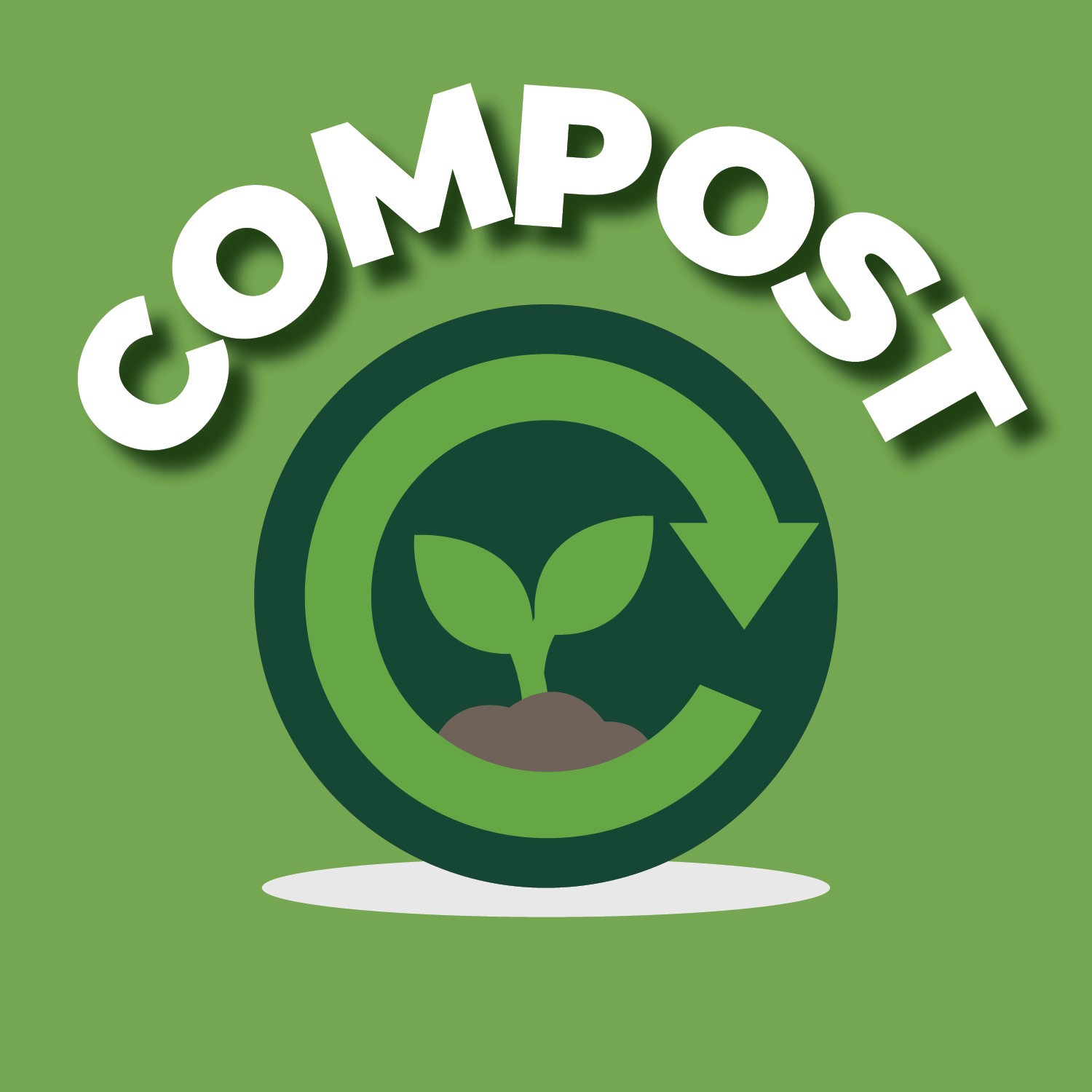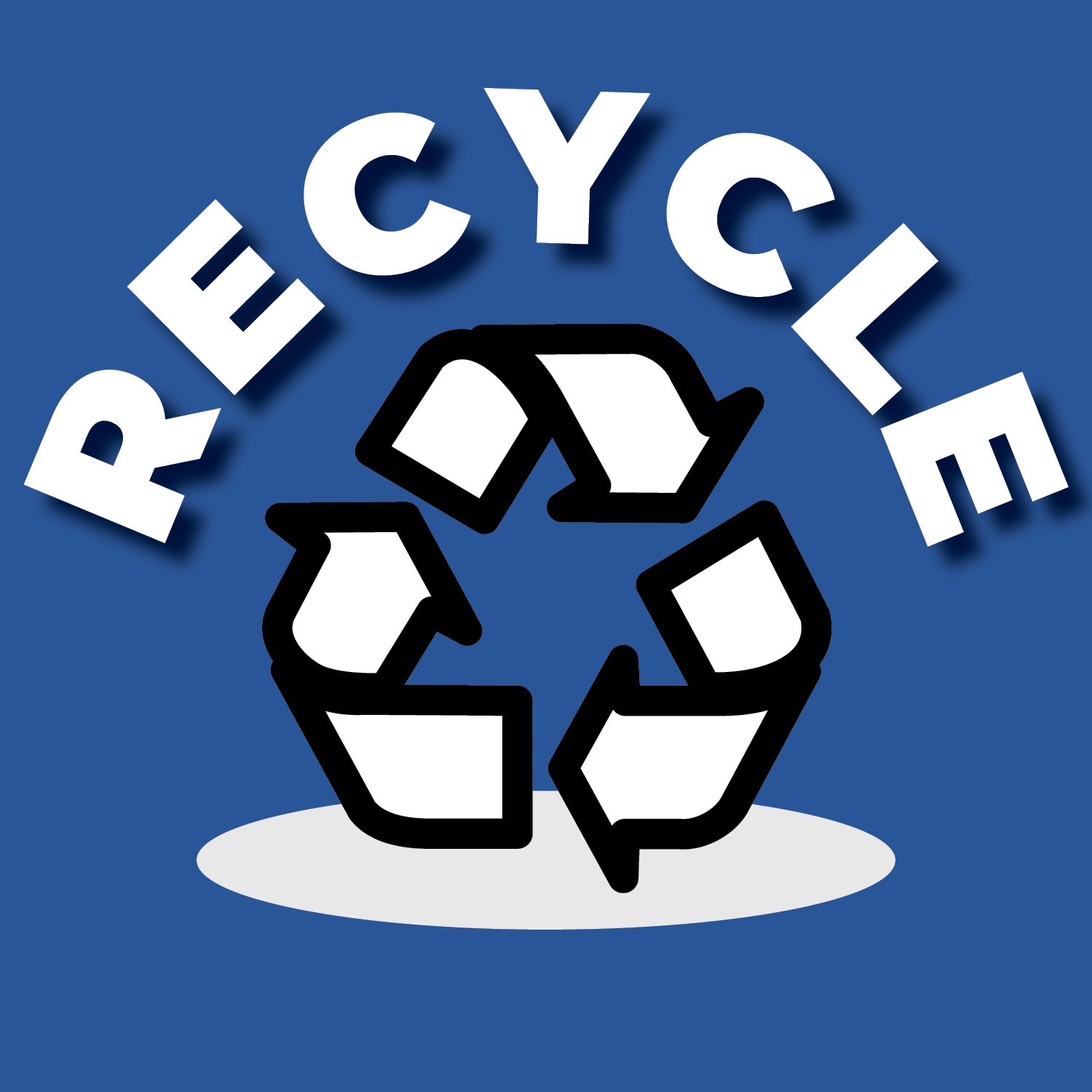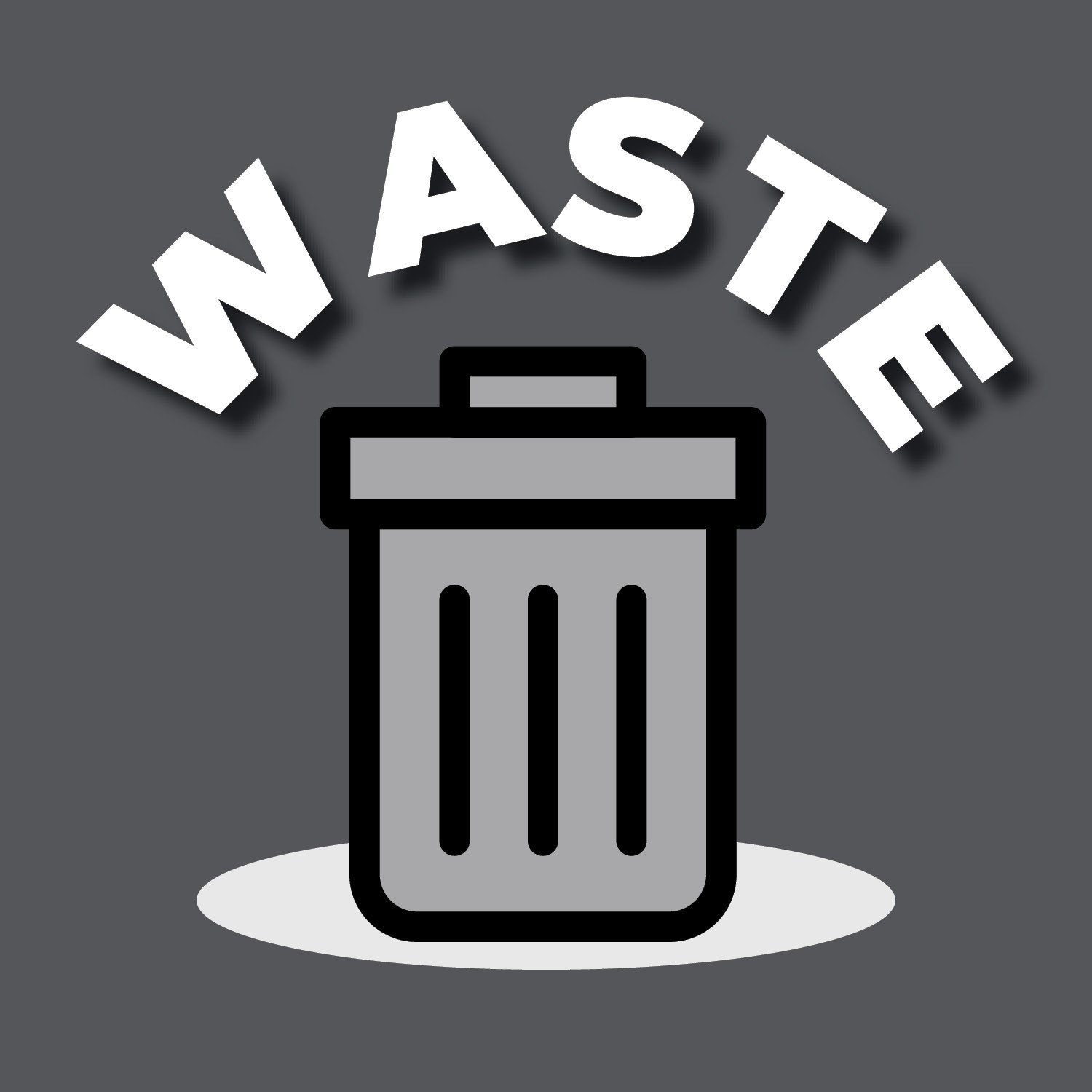Recycling & Composting



FAQs
What is recyclable at Suffolk?
Suffolk has single-stream recycling which allows for metal, glass, plastic, paper, and cardboard to all be disposed of in the same bin. This includes cans, foil, pans, newspapers, boxes, bottles, tubs, jars, yogurt cups, and more. The items are then sorted at the recycling plant for resale and reuse in various industries across the world.
Does Suffolk compost?
Yes! Suffolk has a robust compost program where food scraps from the cafeteria kitchens are diverted from the landfill. In Spring 2022, Suffolk started a composting pilot program in the cafeteria seating area in one of our residential cafeterias to increase the diversion of food waste from the consumers in our community. There are plans to expand this program to other cafeterias in residential and academic buildings once the pilot is complete.
How will I know what bin to throw my waste into?
Bins on campus are clearly labeled with signage for recycling, compost, and waste. Compost signage is green, recycling signage is blue, and waste is black. You should first consider if it is compostable food waste or recyclable paper/metal/plastic/glass. Recycling and compost are diverted from the landfill. However, there can be a lot of confusion on the ability to recycle or compost unique items. When in doubt, throw it out!
Can e-waste be recycled on campus?
Yes! To learn more, contact Environmental Health and Safety.
Where can I fill a reusable water bottle on campus?
Suffolk University has readily available water fountains and water bottle filling stations which promote a culture of reducing the use of single-use bottles and cans by substituting with a reusable water bottle. Generally, water fountains are available by every public restroom on campus, however, bottle filling stations are limited to locations in:
- Samia Academic Center
- B, 1st - 8th floors by the restrooms
- 73 Tremont Street
- 1st floor by the commuter lounge
- 5th floor throughout the lounge and by the restrooms
- 6th & 9th floors by the restrooms
- Sargent Hall
- 1st - 3rd floor by the female restrooms
- 5th floor by the female restrooms
- Sawyer
- 2nd - 12th floors by the restrooms
- Smith Hall
- 7th floor by the common restrooms
Staff can find water machines in staff kitchens throughout campus. If you have an issue with the operation of a water machine, contact Campus Services.
I see custodians putting trash and recycling in the same bin when they do their rounds. Why should I sort my items if they are handled the same way?
To save time and resources, the custodial team conducts one trip to remove all waste from a location. The custodian pushes a large bin on wheels around collecting trash by pull out the trash bags and tying them off, while recycling is deposited loosely into the bin. Then at a central location, the trash bags are removed, leaving the loose recycling in the bin. This is then deposited into the trash room receptacles after being separated. The waste hauler picks up the items from the trash room in the separate bins to properly process them when they get to the waste plant.
What about off-campus recycling?
Residential recycling is available in many neighboring communities. Learn more about recycling initiatives in your area or check your local trash and recycling calendar.
How do I get involved and promote sustainability on campus?
- Environmental Club through SLI
- Center for Community Engagement
- Create classroom content around environmental stewardship
- Art & Design – design net zero spaces by materials choice and innovation
- Business – work/build a company you believe in, corporate social responsibility
- CJN & ADPR – expose impacts of climate change, promote better products
- Government & Law – legislation to improve human/environmental conditions
- Sciences – study the environment, engineer green energy
- Theater – create
- World Languages, History – understand the past, present, future impacts around the world
How can staff and faculty reduce waste in their offices?
Suffolk maintains several procurement policies for staff/faculty that promote purchasing office supplies with recycled content, such as, printer paper, notebooks, pens, and tissues. Printers are set to automatically print front and back to reduce paper use.
Suffolk provides many online platforms, like TEAMS and central drives, to allow for adequate digital sharing of materials without the need to print them out.
Several staff kitchens on campus promote use of reusable cutlery and mugs by making them available alongside the tools to clean them after each use. Staff kitchens can also take advantage of composting if pre-arranged with the Facilities Department. If you are staff/faculty interested in a green staff kitchen, contact Facilities to learn more.
The Furniture Policy at the University requires the reuse of available furniture before considering purchasing new furniture throughout campus including for administrative offices, lounges, and classrooms. If you are staff or faculty in need of furniture or want something removed from your space; contact Facilities to learn more.



